Shakespeare’s Prince & Tyrant
Explore the political and religious contexts of Shakespeare's plays.
June 27–July 1, 2022
Washington, D.C.
Shakespeare’s works have inspired generations of playwrights and authors, introducing a new style of storytelling that we take for granted in contemporary times. It wasn’t just his storytelling techniques that we can learn from, however. Shakespeare’s plays often incorporate astute, fruitful lessons concerning the fall and rise of emperors, the blossom and ruin of friendships, the tension between families and kingdoms, and how political rulers navigate these domains. Ultimately, the political themes in Shakespeare’s The Tempest and King Lear contain wisdom about the complexity of relationships, romance, and the consequences when these encounter one’s aspirations for power.
In this course, fellows will examine what these two plays reveal about the political themes of ambition and honor, love and friendship, and usurpers.
Image: Edwin Austin Abbey, King Lear, Act I, Scene I (Cordelia’s Farewell), 1897-1898 | Ford Madox Brown, Lear and Cordelia, 1849–54
Mary P. Nichols on Friendship in Aristotle's 'Ethics.'
This course was part of our residential Political Studies Program. Fellows participate in morning seminars and meet prominent men and women in public life over afternoon and evening sessions.

Mary P. Nichols is Professor Emerita of Political Science at Baylor University. She is author of Thucydides and the Pursuit of Freedom, and Socrates on Friendship and Community: Reflections on Plato’s Symposium, Phaedrus, and Lysis. She has delivered lectures on ancient political theory, Shakespeare, and film.

Mary P. Nichols is Professor Emerita of Political Science at Baylor University. She is author of Thucydides and the Pursuit of Freedom, and Socrates on Friendship and Community: Reflections on Plato’s Symposium, Phaedrus, and Lysis. Her published works include a study of directors Woody Allen, John Ford, and Alfred Hitchcock, as well as investigations into the works of ancient political philosophers including Plato, Aristotle and Thucydides.
Professor Nichols has not only published articles in American Political Science Review, the Review of Politics, and Perspectives on Political Science, but she also serves on their editorial boards. She has delivered lectures on ancient political theory, Shakespeare, and film, and she is a senior fellow at the Alexander Hamilton Institute. She has also taught at Fordham University, the University of Delaware, and St. John’s College Annapolis. Professor Nichols received her Ph.D. from University of Chicago, her M.A. from Kansas University, and her B.A. from Tulane University.
Readings:
Discussion Questions:
Readings:
Discussion Questions:
Readings:
Discussion Questions:
Readings:
Discussion Questions:
Readings:
Discussion Questions:
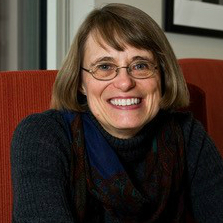
Vickie Sullivan
Vickie Sullivan is the Cornelia M. Jackson Professor of Political Science and teaches and studies political thought and philosophy. She also maintains teaching and research interests in politics and literature. She has published extensively on Montesquieu and Machiavelli and is the co-editor of Shakespeare’s Political Pageant.
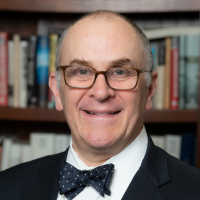
Eliot Cohen
Eliot Cohen is the Robert E. Osgood Professor at the Johns Hopkins University’s School of Advanced International Studies (SAIS) where he has taught since 1990. He served as Dean of SAIS from 2019 to 2021. In addition to public service in the Department of Defense he served as Counselor of the Department of State from 2007 to 2009.
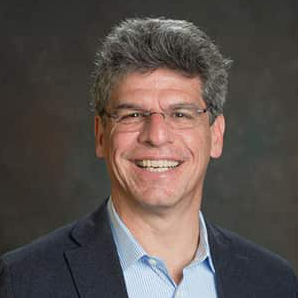
Jacob Howland
Jacob Howland has published five books and roughly 60 scholarly articles and review essays on the thought of Plato, Aristotle, Xenophon, Kierkegaard, the Talmud, the Holocaust, ideological tyranny, and other subjects. His most recent book is Glaucon’s Fate: History, Myth, and Character in Plato’s Republic.
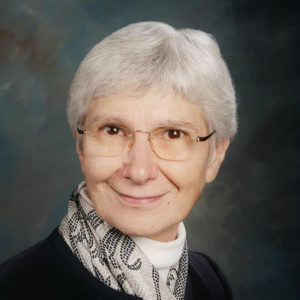
Amy A. Kass
Amy Apfel Kass (1940 – 2015) was a senior fellow at the Hudson Institute, Senior Lecturer Emerita in the humanities at the University of Chicago, and coeditor of What So Proudly We Hail: The American Soul in Story, Speech, and Song. She was an award-winning teacher of classic texts.
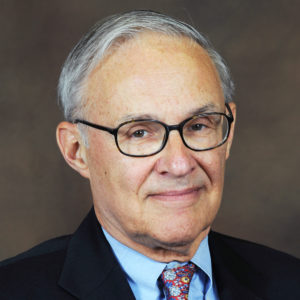
Leon R. Kass
Leon R. Kass, M.D., is the Addie Clark Harding Professor Emeritus in the Committee on Social Thought and the College at the University of Chicago and the Madden-Jewett Chair at AEI. He was the chairman of the President’s Council on Bioethics from 2001 to 2005. He has been engaged for more than 40 years with ethical and philosophical issues raised by biomedical advances and, more recently, with broader moral and cultural issues.
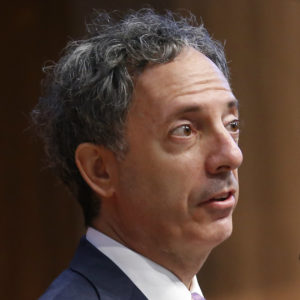
Peter Berkowitz
Peter Berkowitz is the Tad and Dianne Taube Senior Fellow at the Hoover Institution, Stanford University. He studies and writes about, among other things, constitutional government, conservatism and progressivism in America, liberal education, national security and law, and Middle East politics.

Matthew Continetti
Matthew Continetti is resident fellow at the American Enterprise Institute, Prior to joining AEI, he was Editor in Chief of the Washington Free Beacon. His articles and reviews have appeared in The New York Times, The Wall Street Journal, and The Washington Post.